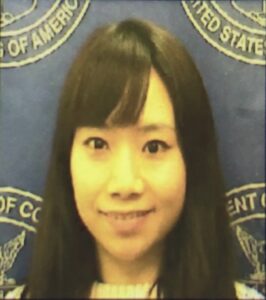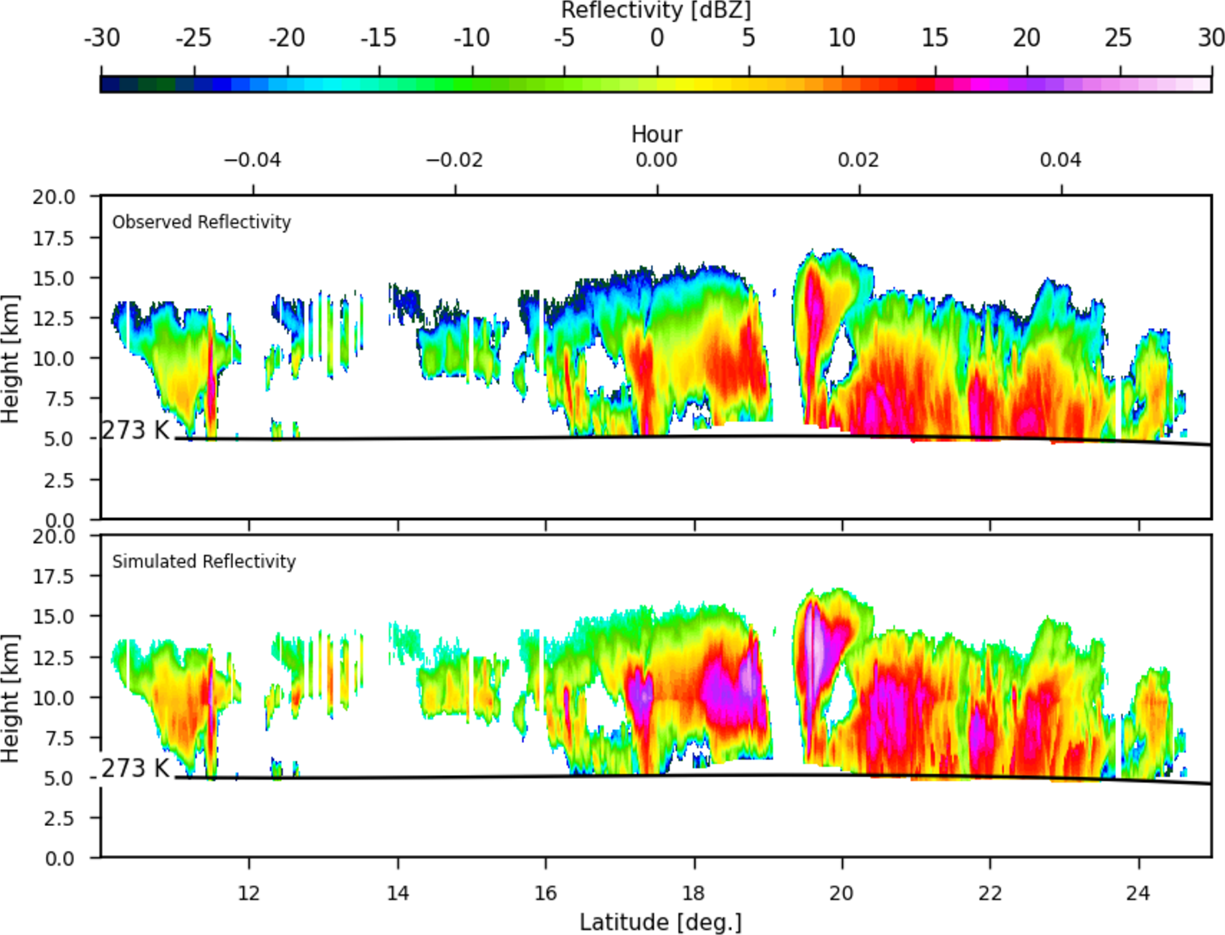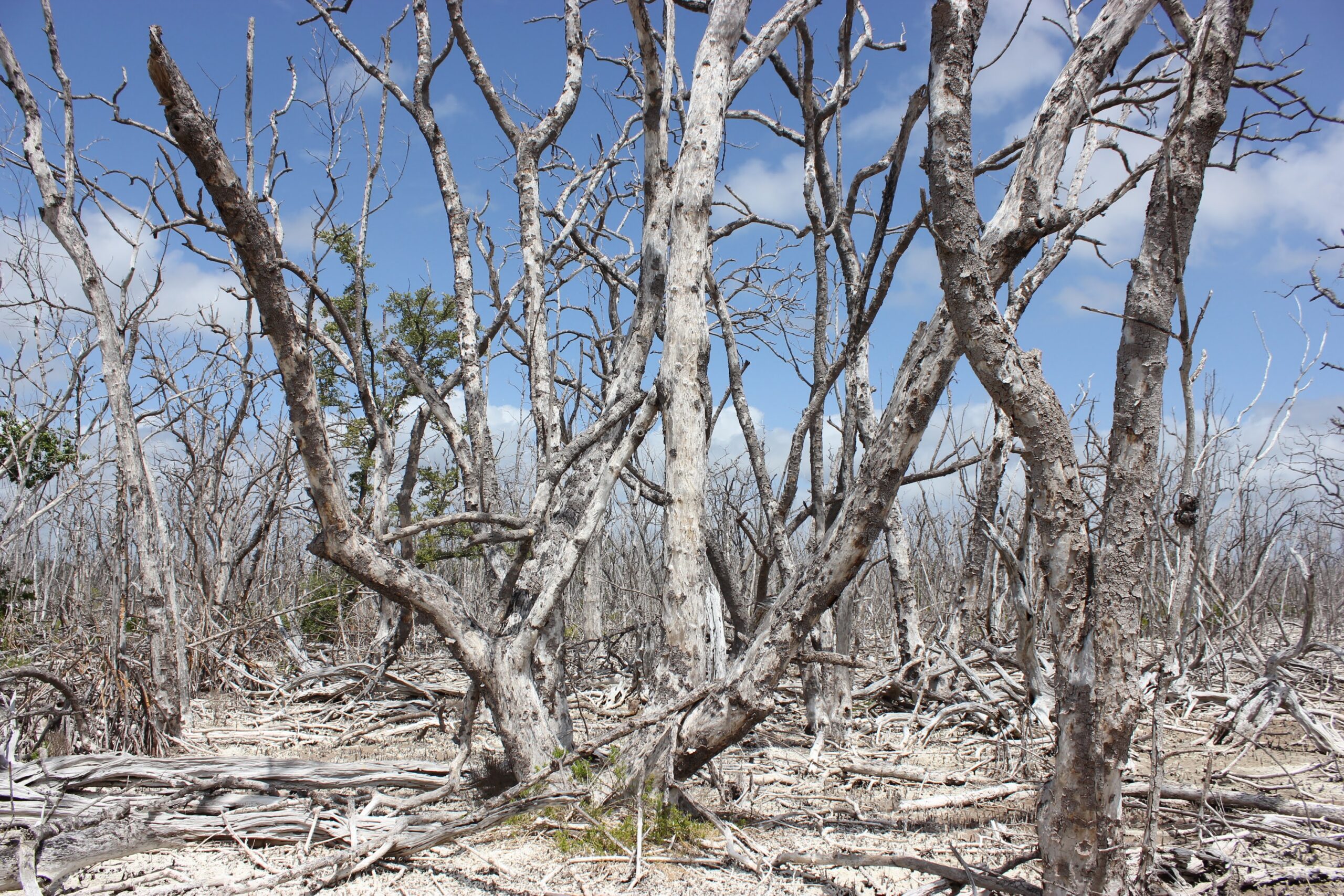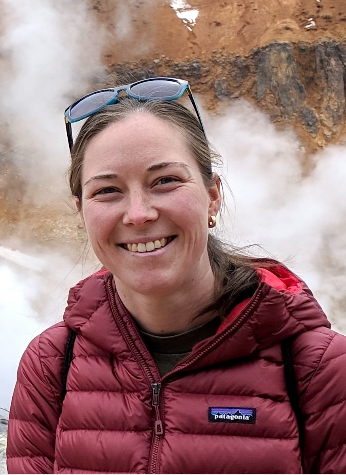

ESSIC/CISESS scientists Post-doctoral Associate Yan Zhou and Senior Faculty Specialist Chris Grassotti have recently published in article in Remote Sensing titled “Development of a Machine Learning-Based Radiometric Bias Correction for NOAA’s Microwave Integrated Retrieval System (MiRS)”.
In the paper, they reported on work which used a deep neural network to predict the typical differences between the observed and modelled data from the Advanced Technology Microwave Sounder (ATMS) microwave instrument. Using these differences as a correction before processing the data in NOAA’s Microwave Integrated Retrieval System (MIRS) resulted in improved estimates of atmospheric water vapor and temperature, particularly in areas that had heavy cloud cover and light rainfall.
Christopher Grassotti received a B.S. degree in earth and space science from the State University of New York at Stony Brook, Stony Brook, NY, USA, in 1982, tan M.S. degree in meteorology from the University of Wisconsin-Madison, Madison, WI, USA, in 1986, and an M.S. degree in viticulture and enology from AgroMontpellier, Montpellier, France, in 2007. From 1986 to 1991 and again from 1993 to 2005, he was a Research Associate, Senior Research Associate and Staff Scientist with Atmospheric and Environmental Research, Inc., Lexington, MA, USA. From 1991 to 1993, he was with the Atmospheric Environmental Service, Environment Canada, Dorval, QC, Canada. Since 2008, he has been with the National Oceanic and Atmospheric Administration, NOAA Center for Satellite Applications and Research, National Environmental Satellite, Data, and Information Service, College Park, MD, USA. He has been a Senior Faculty Specialist with ESSIC/CISESS since 2015.
Yan Zhou received the B.S. degree from Zhejiang University, China; the M.S. degree from the University of Georgia, U.S.; and the Ph.D. degree from the University of Maryland, U.S.; all in the major of Atmospheric Science. From 2015 to 2018, she worked for the CICS-MD Observing System Simulation Experiment (OSSE) Project at the Earth System Science Interdisciplinary Center (ESSIC), University of Maryland. Since 2019, she has worked at the ESSIC, in cooperation with NOAA/STAR for the Microwave Integrated Retrieval System (MiRS) project.
To access the article, click here: “Development of a Machine Learning-Based Radiometric Bias Correction for NOAA’s Microwave Integrated Retrieval System (MiRS)”.





